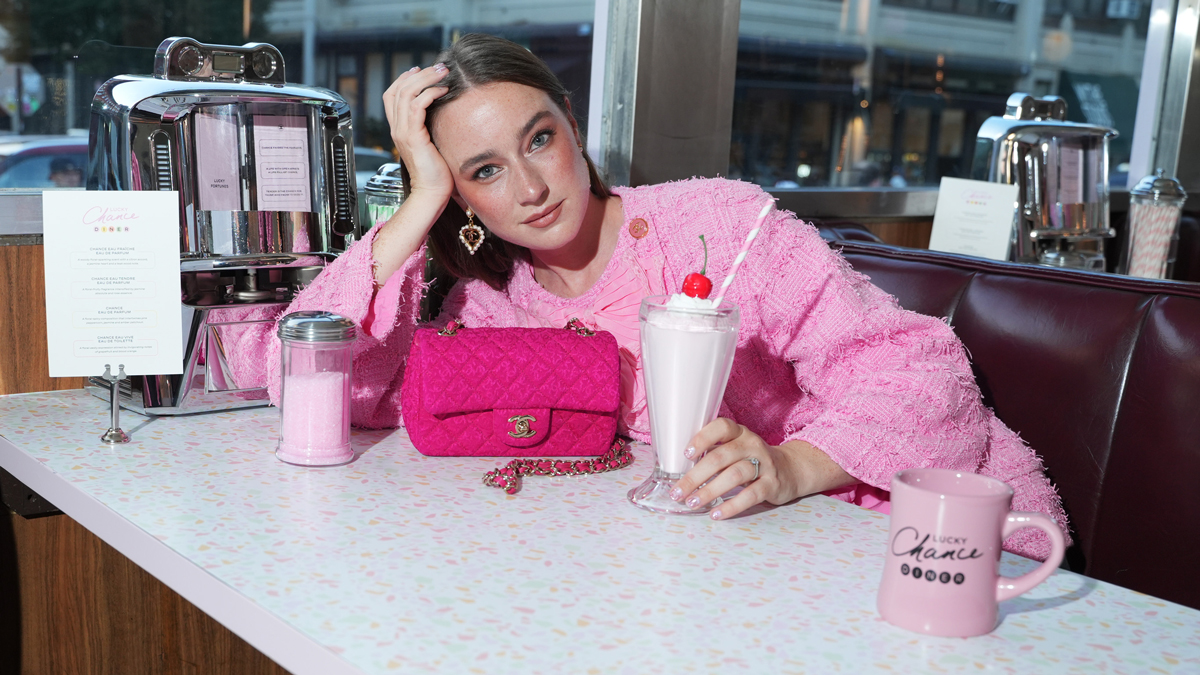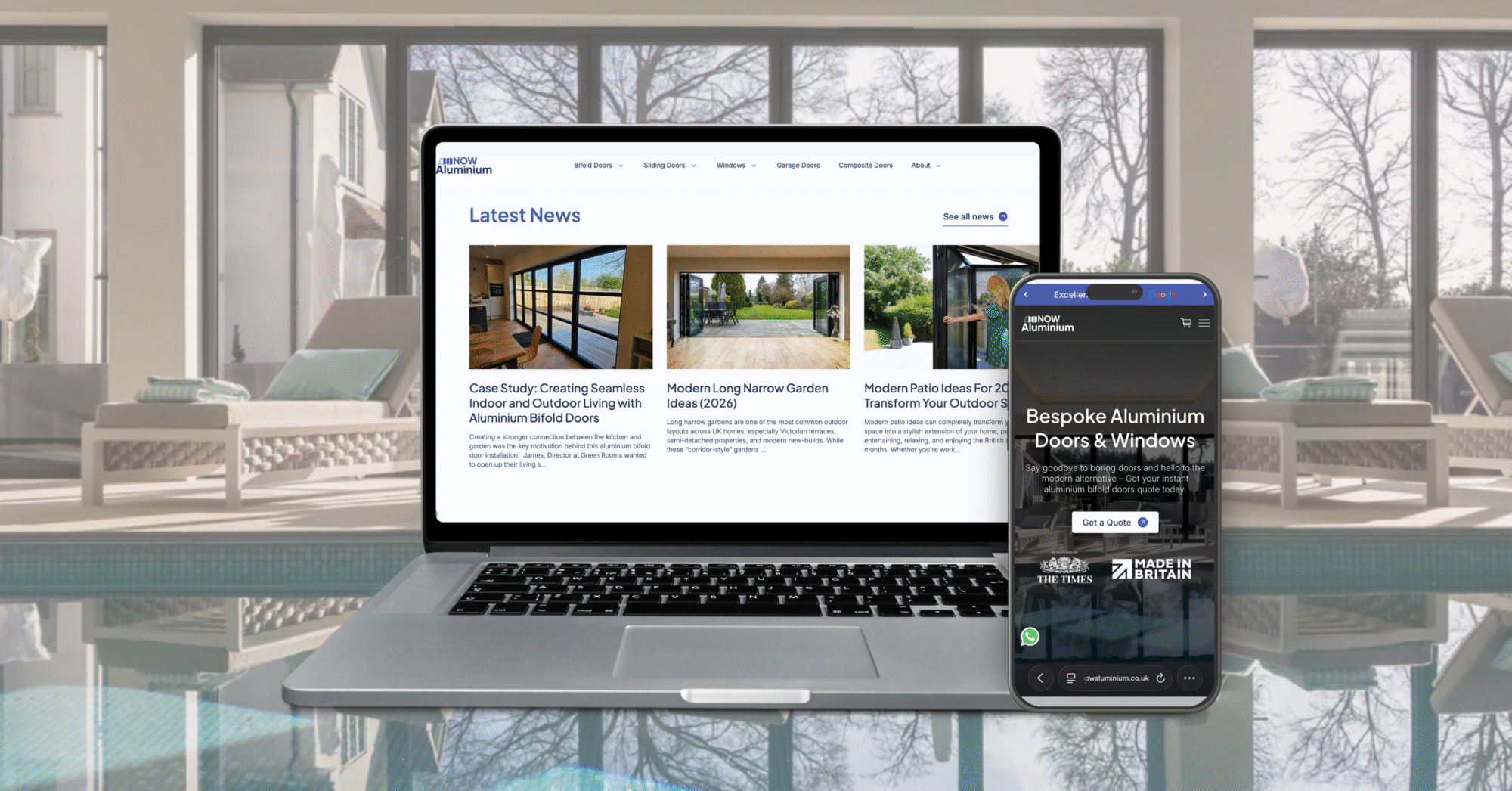What Is Luxury Lifestyle Marketing?
Luxury lifestyle marketing is the establishment of relationships between premium brands and their target consumer. The brand’s target consumer will depend on their shared interests and values, ultimately influencing their purchasing behaviour.
Premium brands often play an important role in the consumer’s ‘ideal self’, where the consumer considers how the brand can elevate the perception of themselves through the products or services they purchase.
For example, what is the value added in purchasing a Smeg fridge versus a Samsung fridge? Both are arguably well equipped in achieving their purpose, however the former is twice the price.
Luxury lifestyle marketing therefore goes beyond the product or service being sold – rather, it is selling an ideal. What bolsters the importance of marketing these brands correctly is the idea that specific products or services can help the consumer connect to their ideal self. So how do luxury brands convince the consumer of their perceived added value?

How To Market To The Lifestyle Consumer
Lifestyle consumers don’t want to be ‘sold’ anything. It is important for them to resonate with brands on an emotional level, and to feel that they belong to a community of like-minded individuals. They want an experience surrounding the product, not a one-time purchase.
Premium brands should therefore establish their position in their target consumers’ life through communicating their added value and immediate benefits.
Connect With Similar brands
Forging connections or collaborating with non-competing brands in industry can not only bring mutual benefit, but provide crossover between relevant audiences. Think Gucci x Adidas Umbrella or Nike x Jacqemus active wear.
Empowerment through partnership is a key aspect of CEEK’s omnichannel approach. We forge relationships between clients in non-competing sectors that expand brand reach into untapped markets with high growth potential.
Embody Your Consumer
Talk the talk and walk the walk. Your consumers are more likely to resonate with your brand if you are communicating using their language. However, it is important not to lose sight of brand tone of voice or image here.
Sell The Experience
Consumers are no longer looking for a one-time purchase. Creating the experience surrounding the product or service allows the consumer to imagine how the brand augments their ideal self.
Going back to the Smeg versus Samsung fridge example, the aesthetics of the Smeg fridge can be considered enough to connect to an individual’s ‘higher’ self, somewhat disregarding practicality but prioritising how the product fits into their ideal lifestyle.
Top Methods To Building A Successful Lifestyle Brand
Define Your Market
The first step in lifestyle marketing is to define the brand’s market through understanding the audience’s demographics and psychographics.
When marketing luxury lifestyle brands, it is important to go one step further and look at the audience’s habits, skills and hobbies in order to deeply understand how the brand fits in to their lifestyle in the long term.
Know Where Your Audience Gets Their Information
Brands cannot market to their audience if they don’t know where they are. This is largely dependent on age, affluence and location.
In establishing this, the brand is better positioned to identify what platforms their audience is on, allowing them to develop an informed marketing strategy.
Position Your Brand For Success
Brand positioning directly correlates to consumer loyalty, consumer-based brand equity and their willingness to purchase the brand. If positioned incorrectly, the brand is unlikely to resonate with their ideal customer.
The Future Of Luxury Lifestyle Marketing
Second-hand Luxury Becomes First Class Priority
The world is entering a resale race, as it continues to drive growth at 11 times more than the pace of ordinary clothing retail. Resale’s synergy with the essence of luxury (timelessness, durability, desirability) makes it particularly attractive for the resale market.
The demand is shifting from the luxury consumer to a more circular economy and conscious consumerism. The need for the affluent consumer to understand brand sustainability and ethics is heightened as we move into 2022. Brands should therefore ensure they are communicating their sustainability efforts in order to appeal to the new, lifestyle consumer.
NFTs – No Longer Just A Buzzword
Financial analysts expect luxury NFTs and the metaverse market to reach £45 billion by 2030. In 2022, luxury brands continue to experiment with NFTs, either in support of physical goods or as individual, collectable digital assets.
Linking NFTs to physical products may be the way forward in increasing product lifetime value.
The Rise Of Social Commerce
Social commerce is set to grow in 2024 as social media platforms collaborate with e-commerce sites (TikTok and Shopify), making the digital space more shoppable. This plays a huge role in luxury lifestyle marketing as it generates the experience surrounding the sale of the product or service, which the lifestyle consumer strongly desires.





